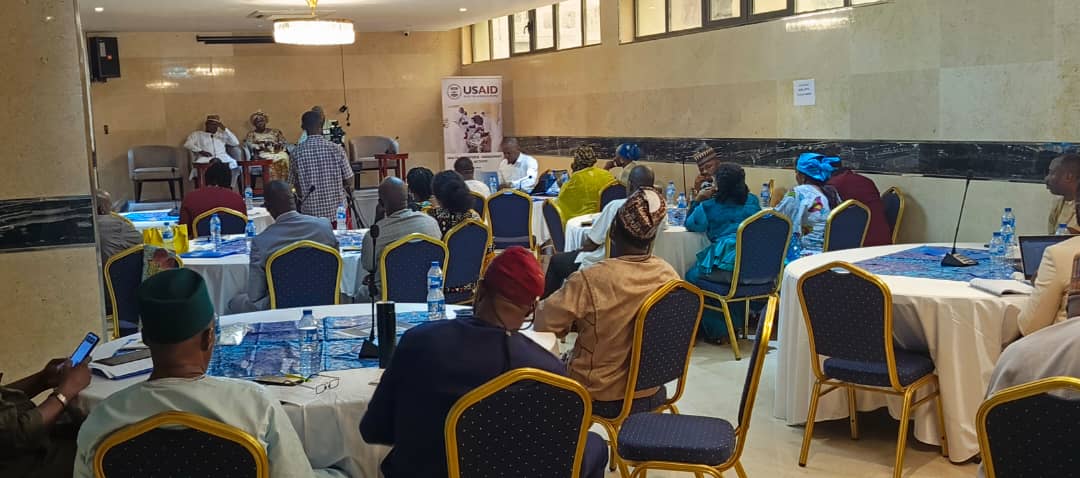From Fred Ezeh, Abuja
Stakeholders in Nigeria’s health sector have called on the Federal Government to increase its investment in health workforce to enhance their performance.
They maintain that such investments are critical for improving the country’s health standards and also for stopping the “japa syndrome” in the health sector.
The stakeholders made the call in Abuja, on Tuesday, at a one-day FCT dialogue meeting in commemoration of the 2024 FCT World Health Workers Week with the theme “Adapting to the Transition: Implications of Upgrading Pre-Service Health Training Institutions to Collegial Systems on Healthcare Worker Production, Recruitment, and Retention in the FCT.”
The Acting Director General of the FCT Hospital Management Board, Dr. Olugbenga Bello, in his submissions, stressed the need for more of such investments, encouraging government private sector to also improve their budgetary provisions for human resources particularly in the health sector.
He said: “We have a serious human resource issue in the health sector. We don’t have enough staff, and we’re not maximizing the use of those currently on the ground.
“Some of the health care workers are underemployed, while those working are doing the jobs of two or three people, thus creating an imbalance. We need to improve enrollment in various schools so that more health workers would be produced, and then those that are available should be recruited and there should be improvement in their renumerations.
“But there are indications that there’s limitations in budgetary provision that is available, and there is no point in employing somebody if you have difficulty paying their salaries. I think that’s where to start: to improve the budgetary provision to cater for the salaries and emoluments of these health workers.”
FCT Coordinator, USAID Health Workforce Management, Dr. Efifie Uchechukwu, said the objective of the meeting was to examine the challenges across the spectrum of health care workforce production, recruitment, and retention in the FCT.
“We also want to offer the opportunity to look at the challenges that the pre-service training institutions are facing in migrating to the collegiate system based on the directive they have received.
“The primary aim is to come up with strategies and actionable points that we can use as a communique to distribute to key stakeholders as advocacy tools. We hope to work with the government in the FCT to follow up on the implementation of this communique to ensure we can make an impactful change.”
On his part, Chairman of the National Association of Nigeria Nurses and Midwives FCT, Jama Medan, said that most health workers who are leaving the country never had that intention, but the circumstances and situations forced them to do that
He said health workers need a conducive environment to thrive, suggesting that government should increase the minimum wage because what they are currently earning is insufficient.
“How much is the salary of the health workers who have to pay for house rent, school fees for their children, and transportation, and the government is paying them less than N100,000? You expect them to survive.
“Lack of equipment and facilities is also pushing some of them out of the country. So, the theme of the meeting shows that the government needs to invest in the health sector,” he suggested.
Yahoo Mail: Search, Organize, Conquer







